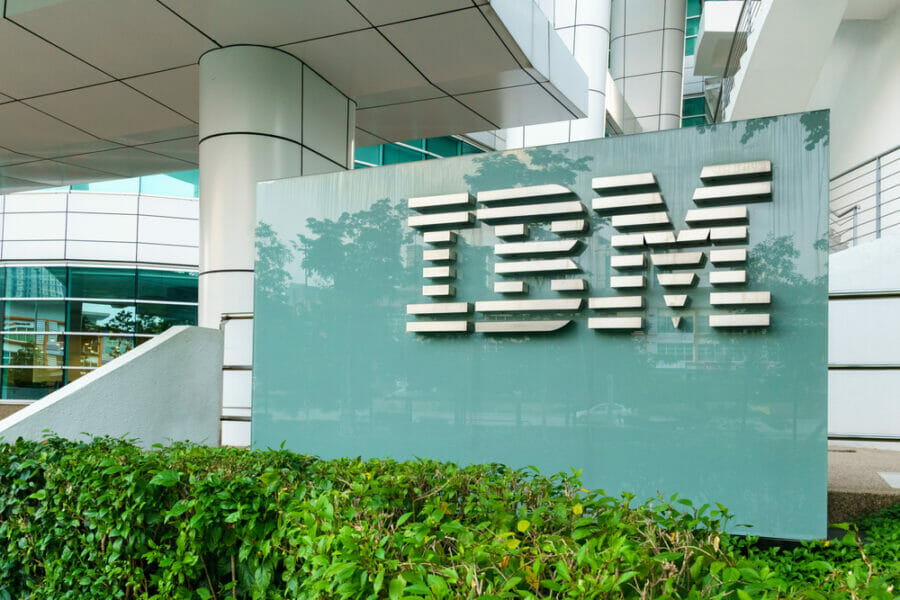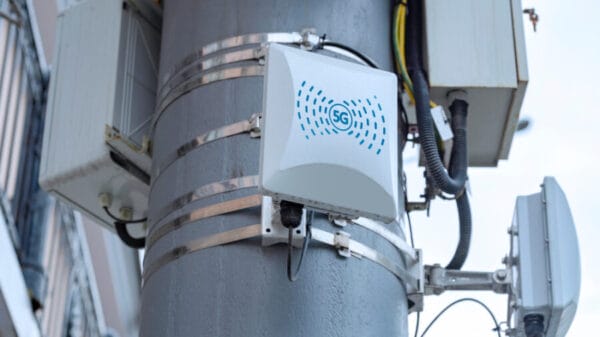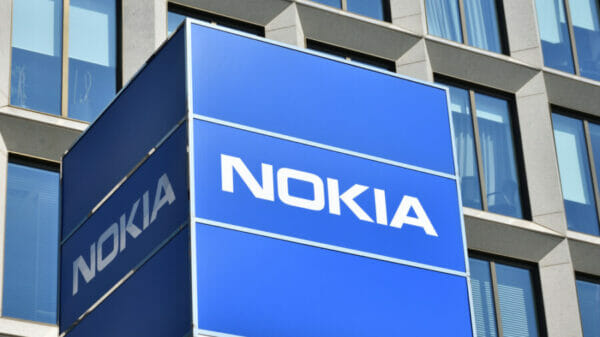IBM, a global technology leader, has introduced a prototype of a revolutionary “brain-like” chip that could change the landscape of energy-efficient artificial intelligence (AI). This breakthrough addresses concerns about the environmental impact of energy-intensive AI systems and paves the way for more efficient and sustainable technological advancements.
The key insight behind this innovation is that the human brain achieves remarkable performance while consuming minimal power. Scientist Thanos Vasilopoulos, based at IBM’s research lab in Zurich, Switzerland, explains that this exceptional energy efficiency could enable the execution of large and complex workloads in power-constrained environments such as cars, mobile phones, and cameras. Additionally, using these chips in cloud data centers could significantly reduce energy costs and the carbon footprint associated with AI.
The chip’s energy-efficient operation relies on memristors, which are analog components capable of retaining a spectrum of values, unlike traditional digital chips that store information in binary form. This advancement mirrors the synaptic connections in the human brain, bridging the gap between biological and artificial intelligence. Professor Ferrante Neri from the University of Surrey describes this approach as “nature-inspired computing” as it imitates the brain’s intricate functions.
Memristors exhibit the ability to “remember” their electric history, similar to synapses in biological systems. When interconnected, these memristors form networks reminiscent of neural pathways in the human brain.
The potential of this innovation is enormous, and we may soon witness the emergence of brain-like chips. However, Professor Neri cautions that challenges like material costs and manufacturing complexities must be overcome for widespread adoption.
IBM’s prototype chip combines analog and digital elements, making it compatible with existing AI systems. This adaptability is crucial, as many current smartphones incorporate AI chips to enhance tasks like image processing. For example, Apple’s iPhone includes a “neural engine.” IBM envisions a future where chips similar to their prototype can revolutionize the energy efficiency of devices like phones and cars, extending battery life and enabling innovative applications.
In addition to personal devices, IBM’s brain-like chips could have important applications in AI data centers. Replacing traditional chips with energy-efficient alternatives would save significant amounts of electricity and reduce the water consumption required for cooling power-hungry data centers, which consume energy comparable to medium-sized towns.
While the implications of IBM’s breakthrough are promising, Professor James Davenport from the University of Bath emphasizes the complexity of the challenges ahead. Davenport describes the chip as a “possible first step” and recognizes that fully harnessing its potential will involve overcoming various technical and practical obstacles. Nonetheless, the existence of this prototype signals a transformative shift in the AI technology landscape.
IBM’s unveiling of a prototype brain-like chip marks a pivotal moment in the evolution of artificial intelligence. By drawing inspiration from the human brain’s energy-efficient functionality, this chip has the potential to revolutionize AI systems across various industries. The integration of memristors and analog elements with digital components positions this innovation as a bridge between cutting-edge research and real-world applications. While challenges remain on the path to widespread adoption, the journey toward more energy-efficient, sustainable, and advanced AI systems has been set in motion.
Image Source: MajestiX B / Shutterstock















